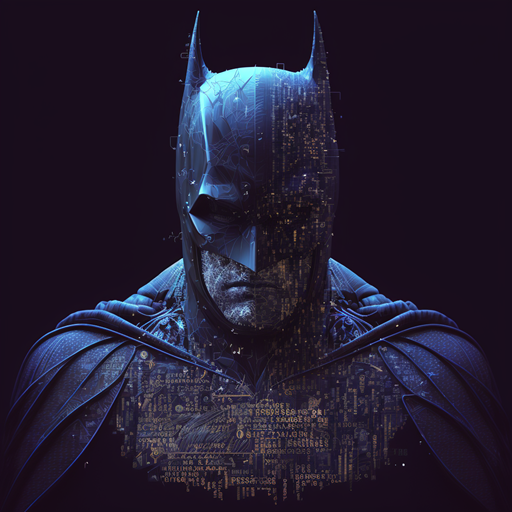Blockchain Basics
Smart Contracts: Pioneering Decentralized Solutions to Enhance Digital Trust
-
Jul 24, 2024
-
3 min read

Introduction: Smart contracts, a cornerstone of modern blockchain technology, are increasingly heralded as a transformative force in digital transactions and agreements. Conceptualized by Nick Szabo in 1997, smart contracts were intended to extend the functionality of electronic transaction methods through the decentralized execution of agreements, long before the advent of major cryptocurrencies like Bitcoin (Szabo, 1997). These contracts are not merely digital versions of traditional agreements but are autonomous software programs that execute predefined conditions on blockchain platforms.
Evolution and Technical Foundations:
A smart contract operates as a self-executing contract where the terms of agreement are directly written into lines of code. The entire process is decentralized and embedded within the blockchain network, ensuring transparency, immutability, and execution without the interference of third parties. This foundational technology enables a trustless environment where parties can transact securely without the need for traditional intermediaries such as banks or legal systems.
Application in Decentralized Systems:
One of the most illustrative applications of smart contracts is observed in platforms like Kickstarter, a popular fundraising platform. Traditionally, such platforms require trust in a central authority to manage and distribute funds based on project outcomes. Smart contracts automate this process, disbursing funds only upon meeting specific, predefined criteria set by the developers. If a project meets its funding goal, the contract automatically releases the funds to the project creators. Conversely, if the project fails to meet its financial targets, the funds are returned to the contributors, thereby safeguarding their investments.
Advantages Over Traditional Contracts:
Smart contracts offer numerous advantages over their traditional counterparts:
- Autonomy: Once deployed, smart contracts eliminate the need for intermediary oversight, reducing the potential for manipulation and errors.
- Trust and Security: The decentralized nature of blockchain ensures that smart contracts are free from tampering and revision once they are deployed. Their execution is validated by multiple nodes in the network, which protects against fraud and collusion.
- Efficiency and Speed: By automating tasks traditionally handled by intermediaries, smart contracts reduce transaction times and increase efficiency in processing.
- Cost-Effective: Reducing the reliance on intermediaries also lowers transaction costs associated with contract execution.
Industry Impact:
The potential of smart contracts extends beyond crowdfunding into sectors such as banking, insurance, real estate, and even government services. For instance, banks can utilize smart contracts for automated loan approvals and disbursements, while insurance companies can expedite claim processing by automatically verifying claim conditions against the immutable records on a blockchain.
Challenges and Limitations:
Despite their advantages, smart contracts are not without challenges. The quality of execution depends heavily on the initial coding and predefined conditions. Errors in the code can lead to unintended consequences, which are difficult to rectify once the contract is operational. Additionally, the legal status of smart contracts is still evolving, with regulatory frameworks needing to catch up to address the complexities introduced by this technology.
Conclusion:
Smart contracts represent a paradigm shift in how transactions and agreements are viewed and executed in the digital age. As blockchain technology continues to evolve, the scope and scalability of smart contracts will likely expand, leading to broader adoption and more sophisticated applications across various industries.
References:
- Szabo, N. (1997). "Formalizing and Securing Relationships on Public Networks."
- Wood, G. (2014). "Ethereum: A Secure Decentralised Generalised Transaction Ledger."





